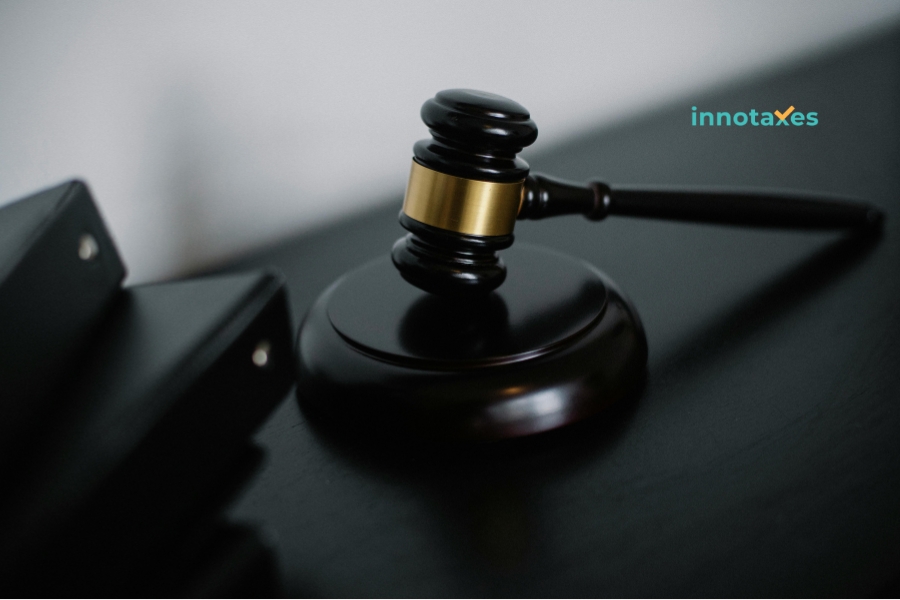Anti-Fraud Law and its Impact on Billing

Contents:
Law 11/2021, known as the Anti-Fraud Law, establishes a more rigorous legal framework for invoicing and accounting systems in Spain. Its main objective is to combat tax fraud by controlling invoicing records, ensuring their integrity, inalterability, and traceability. The most relevant points are presented below:
Requirements Imposed by Law
Certified Billing Systems:
Billing programs must guarantee the immutability, accessibility, and preservation of data.
The use or possession of dual-use software that allows invoices or records to be fraudulently manipulated is prohibited.
Standards for Software Manufacturers:
Software developers must self-certify their products in compliance with anti-fraud regulations.
Systems should include functions such as:
Digital signature for each invoice.
Unalterable records and unique identification codes.
The responsible declaration of compliance must be accessible to users.
Obligations for Companies:
Adopt certified billing systems.
Keep invoices safely and accessibly for at least 6 years.
In operations with non-Verifactu systems, ensure complete and exportable records upon request from the AEAT.
Penalties for Non-Compliance
The Anti-Fraud Law includes severe penalties to ensure compliance:
Manufacturing and selling uncertified software: Fines of 150,000 euros per year per type of program.
Possession or use of uncertified software: Penalties of up to 50,000 euros per fiscal year.
These fines are in addition to existing penalties under general billing regulations, such as errors in tax bases or omitted data.
Verifactu and the Anti-Fraud Law
The Verifactu system, which comes into force in 2026, is an extension of the Anti-Fraud Law. This regulation integrates the principles of the Law, requiring companies to:
Send invoices in real time to the AEAT.
Include a QR code that allows invoices to be verified electronically.
Apply full traceability to billing records, from issuance to any modification.
This regulation reinforces companies' commitment to tax transparency and the adoption of reliable technology, marking a turning point in accounting and tax management.